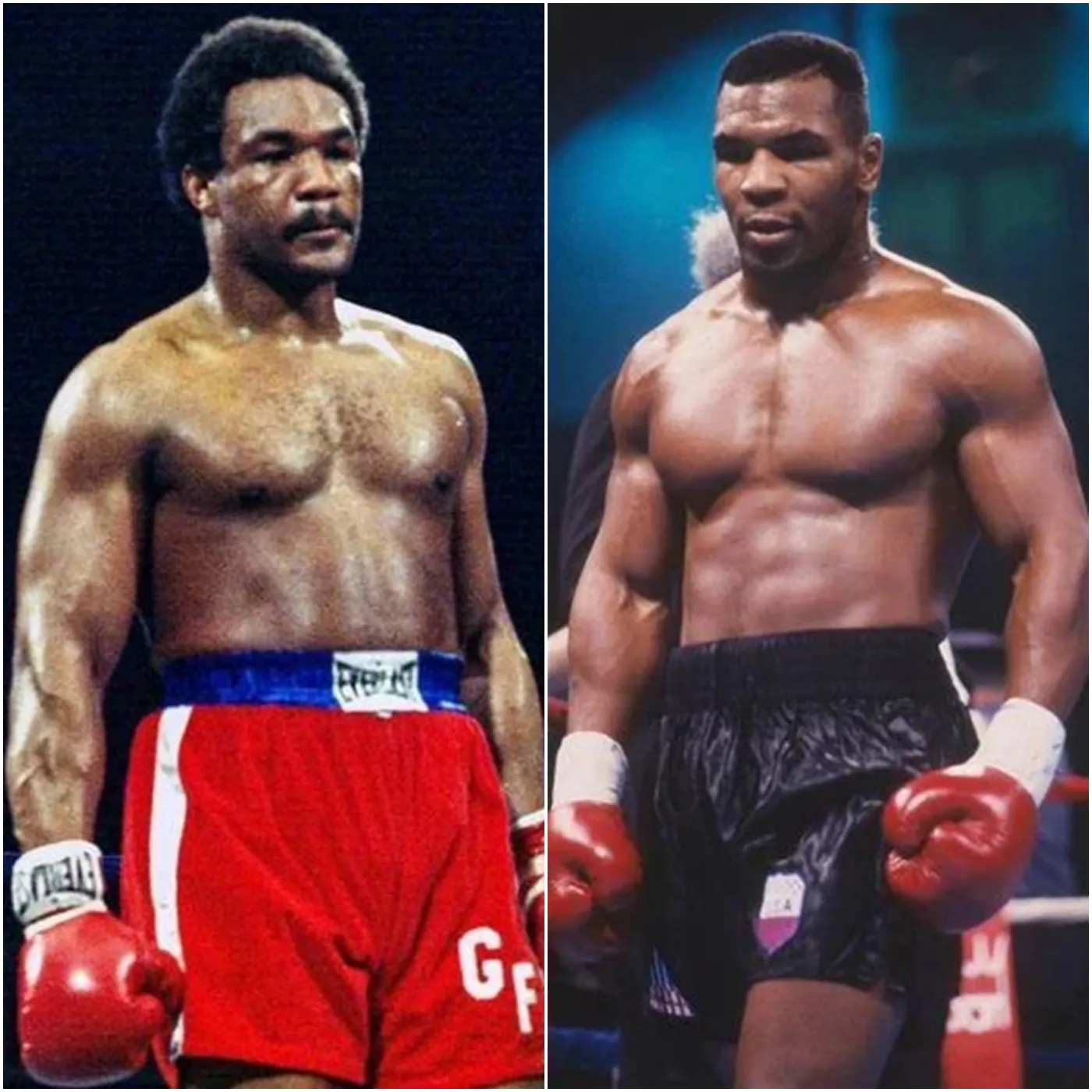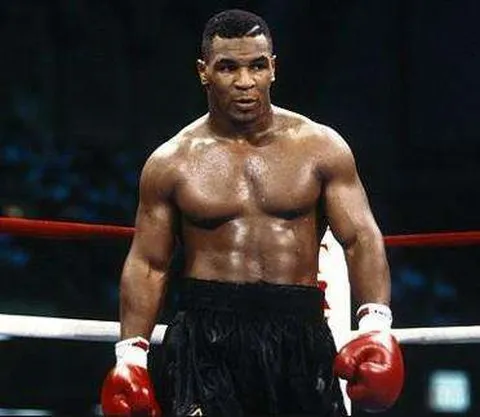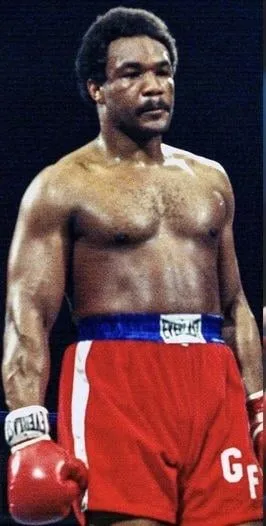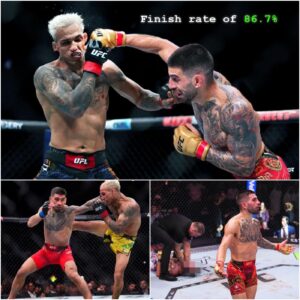The sports world is in mourning following the passing of George Foreman, a towering figure in boxing whose influence stretched far beyond the ring. On March 29, 2025, the news broke, leaving fans, athletes, and legends like Mike Tyson reeling from the loss of a man whose legacy is etched in history. Tyson, one of Foreman’s fiercest contemporaries, led tributes with a heartfelt statement: “His contribution to boxing and bey ond will never be forgotten.” At 78, Foreman’s death marks the end of an era, but his indelible mark on sports and culture endures.

Foreman’s journey was nothing short of extraordinary. Born in Marshall, Texas, in 1947, he rose from a troubled youth to Olympic gold in 1968, setting the stage for a professional career that redefined heavyweight boxing. His raw power—epitomized by his 1973 knockout of Joe Frazier to claim the world title—made him a feared figure. Yet, it was his stunning upset loss to Muhammad Ali in the 1974 “Rumble in the Jungle” that showcased his resilience. Foreman’s comeback a decade later, reclaiming the heavyweight crown at 45 against Michael Moorer in 1994, remains one of sport’s greatest redemption tales, making him the oldest heavyweight champion ever.
Mike Tyson, who dominated the division in the late ‘80s and early ‘90s, expressed profound admiration. “George was a giant—in the ring and in life,” Tyson posted on X. “He showed us what it means to fall and rise again. His contribution to boxing and beyond will never be forgotten.” The two never fought, a matchup fans still fantasize about, but their mutual respect was evident. Tyson, now 58, often cited Foreman’s reinvention as an inspiration during his own turbulent career.

Beyond the gloves, Foreman’s impact was transformative. After retiring in 1977 following a spiritual awakening, he became a pastor, dedicating years to his Houston church. His return to boxing in the ‘80s wasn’t just about titles—it funded youth programs, reflecting his commitment to community. Then came the George Foreman Grill, launched in 1994. What began as a quirky endorsement turned into a cultural phenomenon, selling over 100 million units and earning him an estimated $200 million—more than his boxing purses combined. “He turned punches into profits,” ESPN’s Stephen A. Smith quipped, “and showed the world how to pivot.”
The boxing community echoed Tyson’s grief. Promoter Bob Arum called Foreman “a force of nature,” while Ali’s daughter, Laila, wrote, “He and Dad shared something special—rest easy, champ.” Fans flooded social media with clips of Foreman’s knockouts and grill infomercials, a testament to his dual legacy. “Lost a hero today,” one tweeted. “From the ring to my kitchen, George was the real deal.”

Foreman’s larger-than-life persona—his booming laugh, gentle humor, and tales of raising 10 kids (five sons named George)—endeared him to generations. His death, reportedly from natural causes after a period of declining health, closes a chapter on boxing’s golden age. “He lived a full life,” his family said in a statement, “and left a legacy of love, faith, and strength.”
For Tyson, who’s faced his own share of loss, Foreman’s passing hits hard. The two shared a bond as men who conquered adversity, their primes separated by years but united by grit. As tributes pour in—from athletes like LeBron James to grill owners worldwide—Foreman’s story resonates: a fighter who punched his way to glory, then built a life of purpose. His lasting impact on boxing and beyond, as Tyson so aptly put it, will indeed live forever—a heavyweight in every sense, now at rest.





